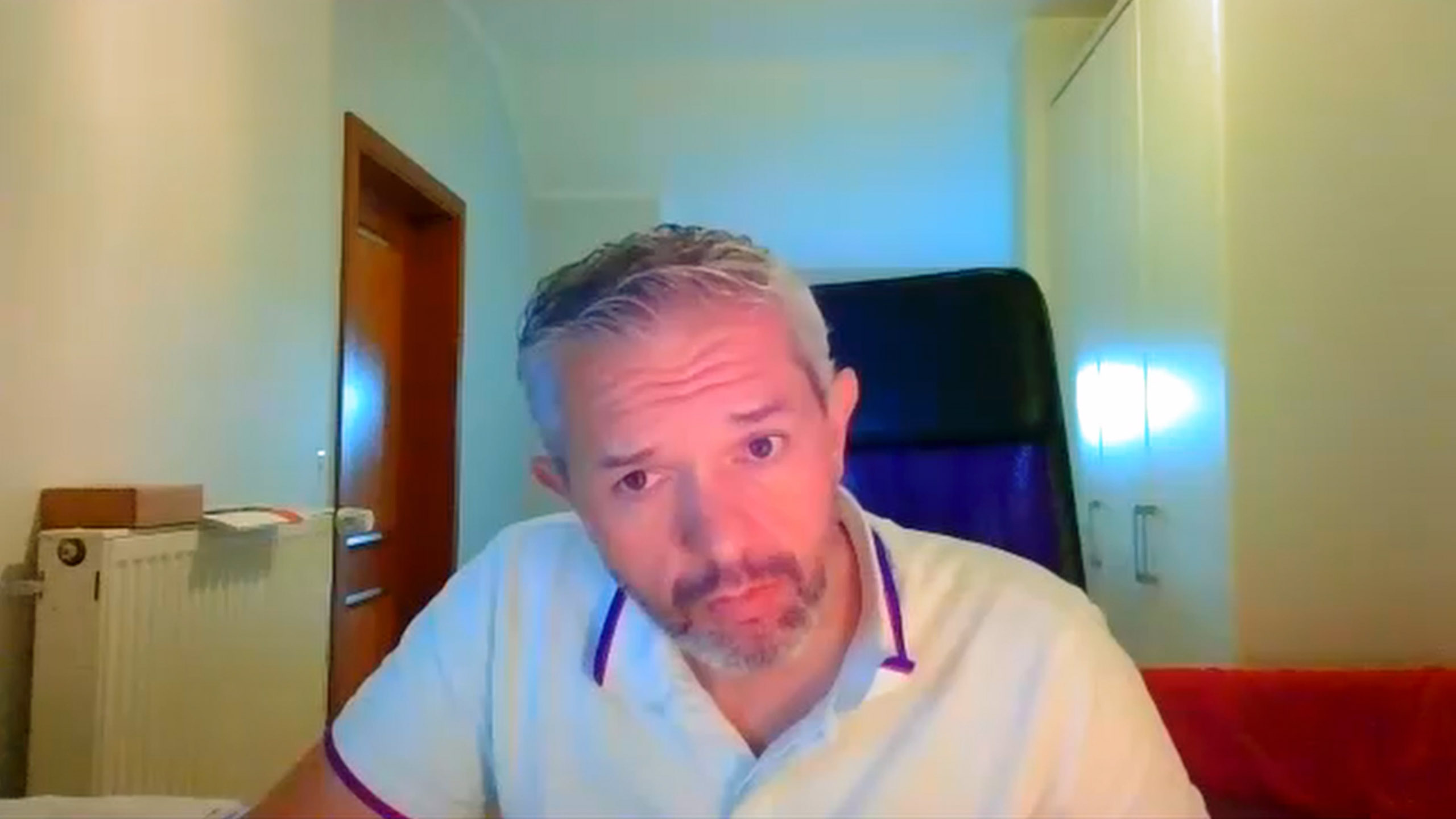
Amazon UK Last Mile
Former VP, Amazon Logistics Europe
inpractise.com/articles/amzn-last-mile
Why is this interview interesting?
- How Amazon first insourced last mile in the UK and the relationship with carriers
Philippe Hemard
Former VP, Amazon Logistics Europe
Interview Transcript
Can you elaborate on how Amazon’s strategy with last mile and with carriers, has evolved, over the last decade or so?
Our carriers weren’t involved much. Historically, Amazon has always worked with several carriers in every country, over time. Of course, we started, in every country, with the postal network, particularly in Europe. La Poste, in France; Royal Mail in the UK; DHL/Deutsche Post, because Deutsche Post bought DHL in 1999, just at the time when Amazon started. After, we expanded from the need for more capacity and to get some competition between the carriers, we used all the carriers, depending on how much they were available, by country and so already had a network of carriers. Up to the point that, in 2008, 2009, we were starting to face issues, particularly for the next-day delivery. Amazon started the Prime program, in Europe, as a one-day service – not as a two-day service, as many people think, particularly due to the recent announcement in the US, where they’ve moved from two-day to one-day. Europe has been a one-day service in Prime, since day one. When we started Prime in 2007, 2008, in the three main countries, we started it as a one-day service.
That created a lot of pressure on the one-day delivery, in each of the countries. Two years later, as Prime was growing, aggressively, in each of the countries, we started to face some capacity issues and this pushed us to think about, why should we not invest in that, because no carrier was really succeeding to invest properly in doing that. That’s how that started, basically.
In the UK, particularly, it was one of the first times we started an initiative, not in the US. My team and I proposed it and to run the first pilot in the UK, because the UK was a market which was very hurt by the service. Royal Mail was not a one-day service and first class was not. Many carriers tried and didn’t succeed to deliver what we needed. Therefore, we started to do it. We started to do it because we were really facing a capacity issue, to which carriers had decided not to respond, at first. We said, we’re going to start and very early carriers, like Royal Mail, knew about it. Ironically, I would say, they didn’t believe it. For a long time, these initiatives were grown out of our transportation department. I was vice president of transportation, for Europe and, at the same time, I was negotiating with all the carriers. On the other hand, I was growing this initiative with our own team. For most of the time, people did not realize what we were doing and weren’t thinking that it would be successful. Some of them even told me that it was good that we were trying it, because then we would realize how difficult it is.
Every time that they missed their target or tried to improve, they tried to argue and push back and negotiate by saying, you don’t know what that costs. So some said, it was good we were trying so we could see how hard it was. Yes, we did feel it and we understood how it worked. But ultimately, I don’t think that anybody really believed that we would be successful in growing the network. That helped a lot, because there was no animosity. Unfortunately, when they realized that we were quite successful and doing quite a large number, it was too late for them to react. For sure, if you asked Royal Mail, DHL, La Poste now, they would not tell you that they were happy that we are doing our own last mile. But they didn’t do anything to fight against it and when they started to be worried about it, it was already too late; we were engaged and we were efficient. Then there was a, kind of, what could they do? Put them out of business or continue to deal with us and manage it?
Copyright Notice
This document may not be reproduced, distributed, or transmitted in any form or by any means including resale of any part, unauthorised distribution to a third party or other electronic methods, without the prior written permission of IP 1 Ltd.
IP 1 Ltd, trading as In Practise (herein referred to as "IP") is a company registered in England and Wales and is not a registered investment advisor or broker-dealer, and is not licensed nor qualified to provide investment advice.
In Practise reserves all copyright, intellectual and other property rights in the Content. The information published in this transcript (“Content”) is for information purposes only and should not be used as the sole basis for making any investment decision. Information provided by IP is to be used as an educational tool and nothing in this Content shall be construed as an offer, recommendation or solicitation regarding any financial product, service or management of investments or securities.
© 2026 IP 1 Ltd. All rights reserved.


